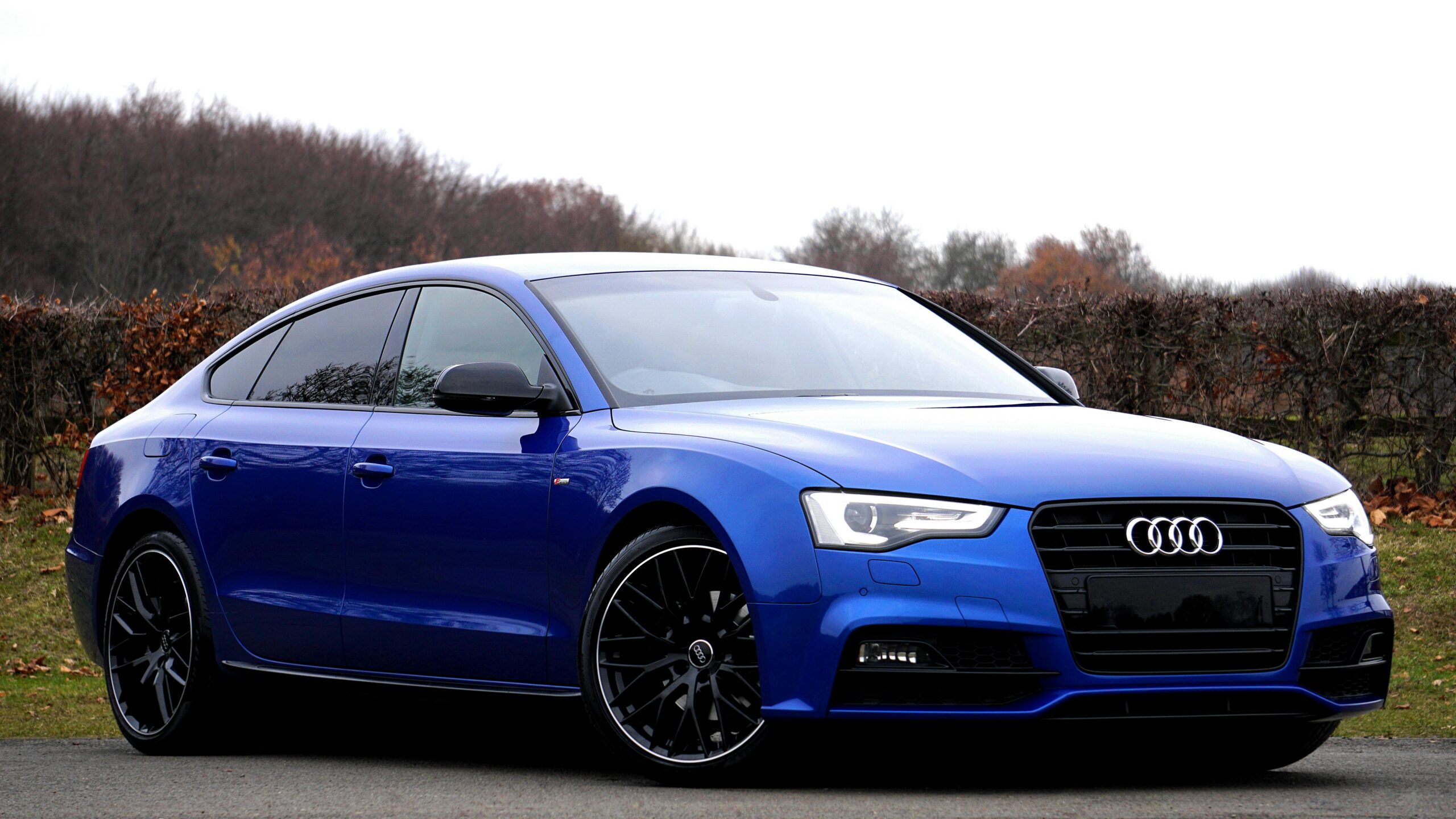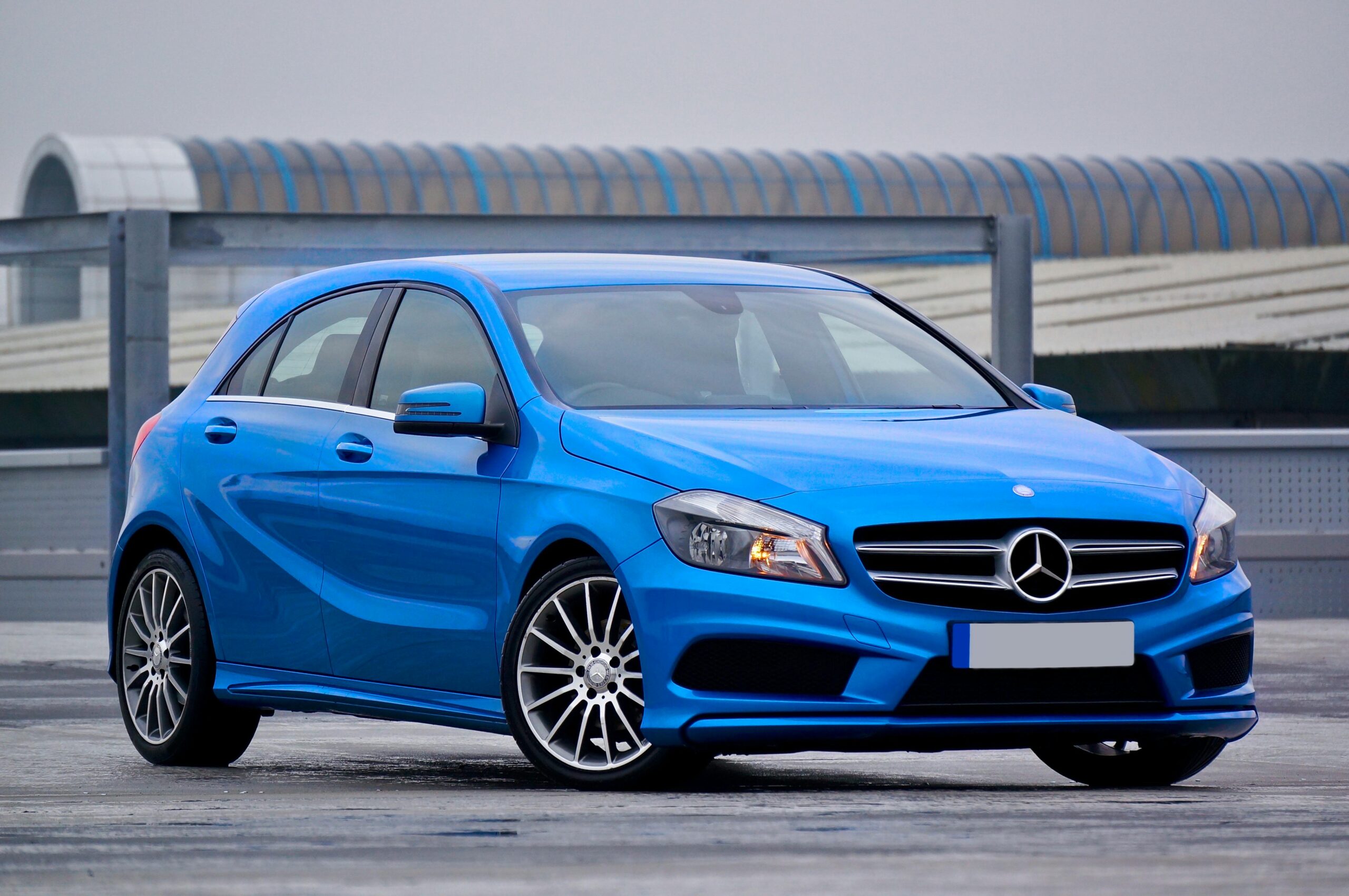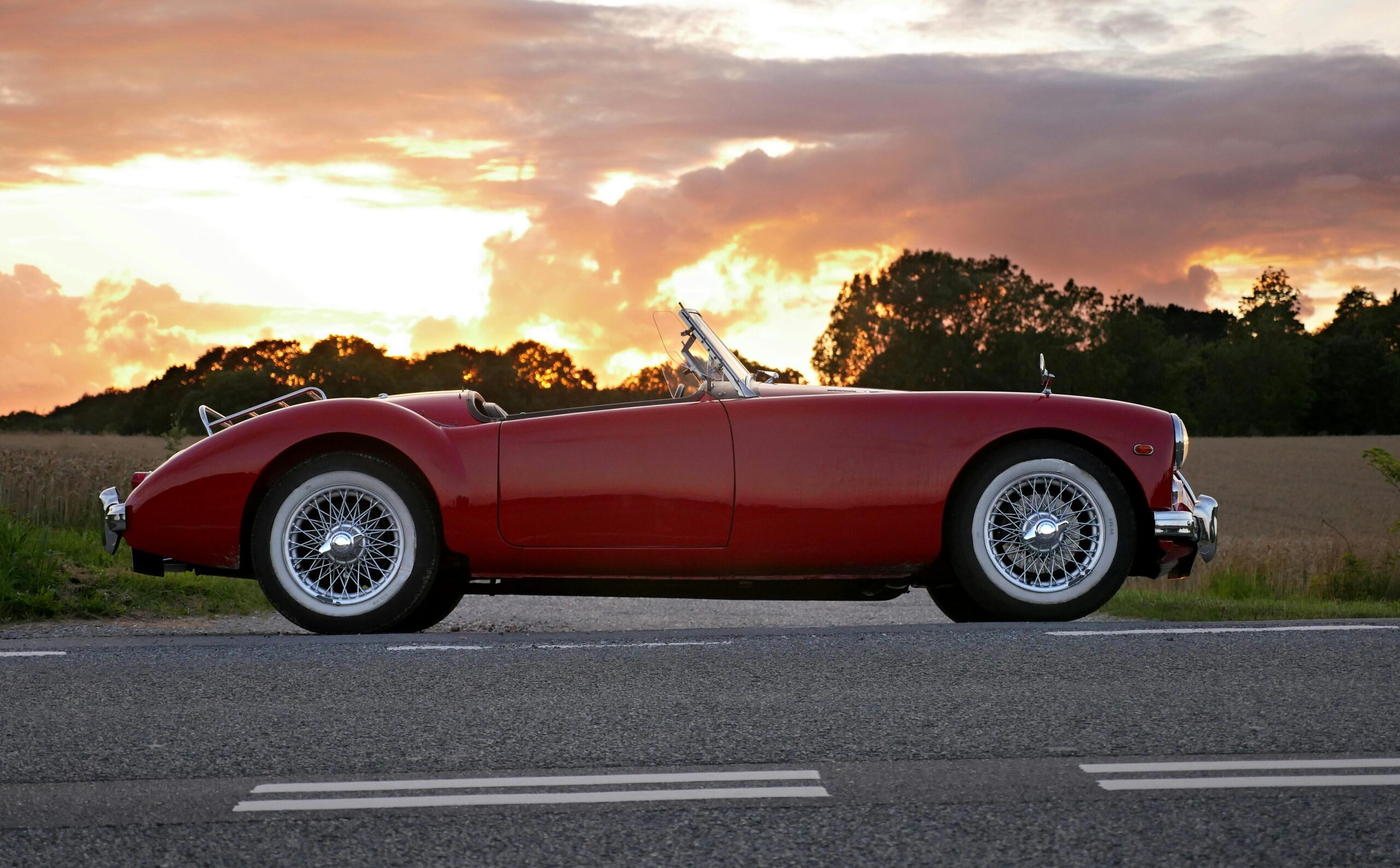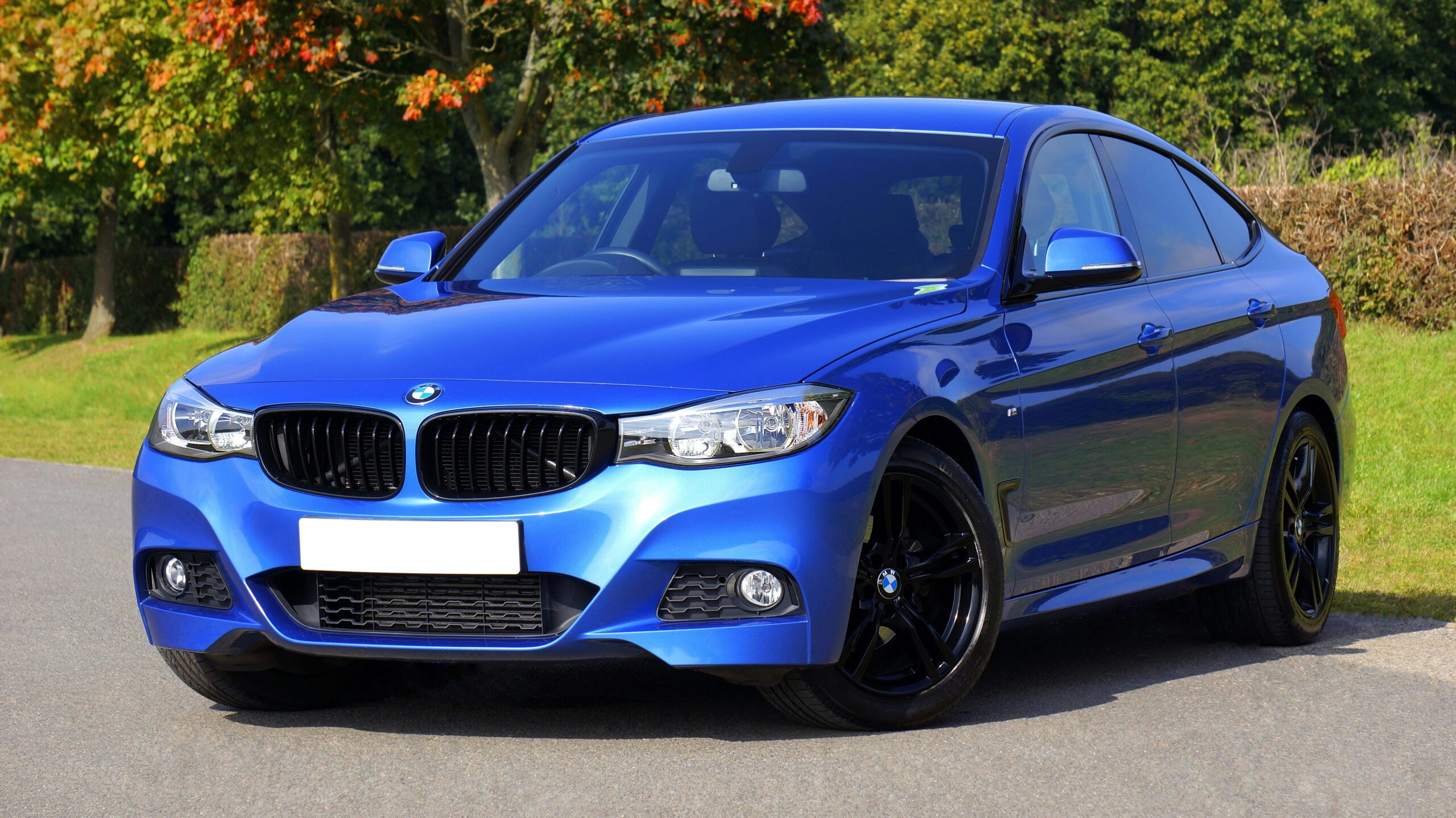
Golf, a game of precision and skill, heavily relies on the equipment you use. Among the most crucial pieces of equipment are the golf clubs themselves. Whether you’re a seasoned pro or a beginner just starting to explore the greens, the question of who makes the best golf clubs is likely to cross your mind. Let’s delve into this topic and explore the various factors you should consider when choosing golf clubs, as well as some of the industry’s top manufacturers.
Read also: What is a Scratch Golfer?
Top 10 golf brands
- Titleist
- Callaway
- TaylorMade
- Ping
- Mizuno
- Cobra
- Srixon
- Wilson
- PXG
- Honma
Who makes the best golf clubs of all time?

Determining the “best” golf clubs of all time is quite subjective and depends on various factors:
- Category: Drivers, irons, wedges, and putters each have their standouts based on performance and impact.
- Era: Technology advancements significantly affect club performance, making newer models generally more advanced.
- Individual preferences: Feel, playability, and brand loyalty all influence golfer choices.
However, certain iconic and influential clubs consistently garner praise and recognition across categories:
- Callaway Big Bertha Driver: One of the first oversized drivers, popularizing larger sweet spots and increased forgiveness.
- Titleist Vokey Wedges: Pioneered modern wedge design with innovative grooves and performance variations for different shots.
- Ping i2 Irons: Revolutionized irons in the 80s with perimeter weighting for more forgiveness and playability.
- TaylorMade R7 Driver: Introduced adjustable hosel technology, allowing golfers to fine-tune loft and lie angles.
Remember, these are just a few examples, and numerous other clubs deserve recognition. It’s crucial to consider your needs, preferences, and budget when choosing golf clubs, not just your historical reputation.
Read also: What Are Golf Shirts Made Of?
Top Golf Club Manufacturers
Several manufacturers have earned acclaim for their commitment to excellence and innovation in crafting golf clubs. Let’s take a closer look at some of the leading brands in the industry:
Titleist: Crafting Excellence
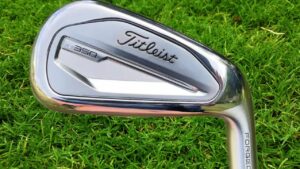
Titleist has long been synonymous with quality and performance in the world of golf. With a rich heritage dating back to the early 20th century, Titleist has continually pushed the boundaries of innovation to deliver superior golf clubs. Signature technologies such as SureFit hosel and Active Recoil Channel are testimony to their relentless pursuit of excellence.
Callaway: Innovation and Performance
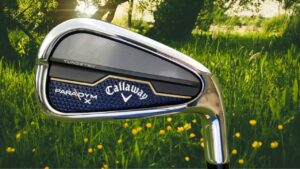
Callaway Golf Company is renowned for its relentless pursuit of innovation and performance. With a legacy spanning several decades, Callaway has introduced groundbreaking technologies that have revolutionized the game. From the iconic Big Bertha series to the latest Rogue and Epic collections, Callaway continues to push the boundaries of what’s possible on the golf course.
TaylorMade: Revolutionizing the Game
TaylorMade Golf Company has carved a niche for itself as a pioneer in golf club technology. With a focus on innovation and customization, TaylorMade has introduced game-changing advancements such as Twist Face technology and Speed Pocket design. Their extensive lineup of clubs caters to golfers of all skill levels, making TaylorMade a favorite among professionals and amateurs alike.
Ping: Engineering Precision
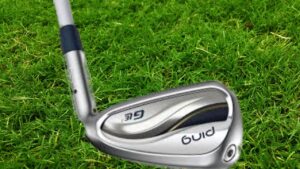
Ping has earned a reputation for engineering precision and performance excellence. Founded on the principles of innovation and quality, Ping has consistently delivered cutting-edge golf clubs that optimize performance and enhance playability. From the iconic G series to the innovative iBlade and Blueprint irons, Ping continues to set the standard for engineering excellence in golf.
Mizuno: Tradition and Craftsmanship
Mizuno’s commitment to tradition and craftsmanship sets it apart in golf. With a heritage steeped in Japanese craftsmanship, Mizuno combines time-honored techniques with modern innovation to create golf clubs of unparalleled quality. Renowned for their exceptional feel and performance, Mizuno clubs are favored by discerning golfers worldwide.
Cobra
Cobra Golf is known for its innovative designs and focus on speed and forgiveness. The brand’s commitment to pushing the boundaries of technology is evident in products like the Speedzone drivers and the King Forged TEC irons. Cobra Connect technology enables golfers to track their performance and make data-driven decisions to improve their game. With a diverse lineup of clubs catering to players of all skill levels, Cobra continues to redefine what’s possible on the golf course.
Srixon
Srixon has earned a reputation for its commitment to excellence and tour-proven performance. The brand’s Z-series clubs are renowned for their precision engineering and advanced technologies. Srixon’s dedication to innovation ensures that their clubs deliver optimal performance and consistency on every swing. With a focus on quality and performance, Srixon remains a top choice for golfers seeking reliability and consistency in their equipment.
Wilson
Wilson has a rich heritage of innovation and affordability in the world of golf. The brand’s diverse product lineup includes everything from beginner-friendly clubs to tour-level equipment. Wilson’s commitment to quality and performance is evident in products like the Staff Model blades and the D7 irons. With a focus on affordability without compromising on quality, Wilson remains a popular choice among golfers of all skill levels.
PXG
PXG has made a name for itself with its precision engineering and high-performance materials. The brand’s commitment to quality is evident in products like the 0311 GEN3 irons and the 0811 XF Gen2 driver. PXG offers a custom-fitting experience to ensure that every club is tailored to the golfer’s specifications. With a focus on pushing the boundaries of performance, PXG continues to challenge the status quo in the world of golf club design.
Honma
Honma is renowned for its craftsmanship and attention to detail. The brand’s commitment to excellence is reflected in products like the TR20 drivers and the TW747 irons. Honma clubs are known for their exceptional feel and performance, making them a favorite among discerning golfers worldwide. With a focus on precision engineering and quality craftsmanship, Honma continues to uphold its reputation as a leader in the world of golf club design.
Read also: How Much is a Used Golf Cart?
Factors to Consider When Choosing Golf Clubs
When it comes to selecting the best golf clubs for your game, several key factors should influence your decision:
Quality of Materials
High-quality materials contribute to the durability, performance, and feel of golf clubs. Look for clubs made from premium materials such as titanium, carbon steel, and graphite shafts.
Customization Options
Every golfer has unique preferences and playing styles. Opting for brands that offer customization options allows you to tailor your clubs to suit your individual needs, enhancing your overall performance on the course.
Brand Reputation
A manufacturer’s reputation speaks volumes about the quality of their products. Established brands with a history of producing top-notch golf clubs are often a safe bet.
Budget Considerations
While quality should be a priority, it’s essential to consider your budget when investing in golf clubs. Fortunately, there are options available for golfers of all budget ranges, from budget-friendly to premium offerings.
Does brand of golf club matter?
While brand recognition certainly plays a role in the golf market, the brand itself doesn’t necessarily dictate whether a club is “good” for you. Here’s a breakdown of why and why not brand matters when choosing golf clubs:
Why brand might matter:
Reputation and technology:
Certain brands are known for specific innovations or areas of expertise. For example, Ping might be your go-to for game-improvement irons, while TaylorMade might be known for its distance-oriented drivers. Researching different brands and their strengths can be helpful.
Personal preference:
Some golfers might simply prefer the feel or aesthetics of a particular brand. There’s nothing wrong with choosing a club you enjoy using, as long as it also suits your swing and needs.
Fitting considerations:
While getting fitted allows you to explore clubs from various brands, some fitters might have limited availability of specific brands. Discussing your preferences with the fitter beforehand can help them ensure they have a good selection for you.
Why brand might not matter as much:
Individual needs:
The most important factor is finding clubs that fit your swing, physique, and skill level. A club from a lesser-known brand may be the perfect fit for you, even if it doesn’t carry the same weight as a major brand name.
Performance:
Many brands utilize similar technologies and materials within their clubs. The differences in performance between different brands, especially for average golfers, might be minimal compared to the impact of proper fitting.
Mixing brands:
You don’t necessarily have to stick to one brand for your entire bag. Modern fitting practices encourage building a set with the best club from each brand based on your individual needs, not brand loyalty.
Here’s the key takeaway:
Don’t get hung up solely on the brand name when choosing golf clubs. Focus on getting fitted by a professional to find clubs that optimize your performance and enjoyment, regardless of the brand logo. Additionally, research different brands and their offerings to understand their specialties and see if any resonate with your preferences. Ultimately, the best brand is the one that provides the best fit and performance for you.
Are expensive golf clubs better?
Whether expensive golf clubs are truly “better” depends on several factors, and it’s not always a straightforward yes or no:
When expensive clubs may be worth it:
- For highly skilled golfers (low handicap): They can benefit from the subtle performance improvements offered by premium materials, advanced technologies, and custom fitting. These features can enhance feel, control, and consistency for players with refined swings who can maximize the club’s potential.
- For those who prioritize top-of-the-line materials and craftsmanship: High-end clubs often use lighter, stronger materials for clubheads and shafts, leading to increased clubhead speed and potential distance gains. They may also boast superior craftsmanship with finer details and enhanced aesthetics, appealing to golfers who value premium quality.
However, expensive clubs may not be necessary for everyone:
- For average golfers (mid-to-high handicap): The performance differences between expensive and more affordable clubs may be minimal for those still developing their swing and consistency. Investing in lessons or practice might be more beneficial for improving their game.
- For casual golfers who play infrequently: Expensive clubs may not be a justifiable investment if they won’t be used regularly. Opting for game-improvement clubs at a more accessible price point may be more practical.
Here’s a summary:
| Scenario | Expensive Clubs May Be Worth It | Expensive Clubs May Not Be Necessary |
|---|---|---|
| Highly skilled golfers (low handicap) | Yes, for potential performance benefits | No, if focusing on swing development |
| Prioritize top-of-the-line materials/craftsmanship | Yes, for lighter materials and a premium feel | No, if not essential for your enjoyment |
| Average golfers (mid-to-high handicap) | No, as performance differences might be minimal | Yes, lessons or practice might be more beneficial |
| Casual golfers who play infrequently | No, as infrequent use may not justify the cost | Yes, game-improvement clubs at a lower price point might suffice |
Ultimately, the best approach is to get fitted for clubs by a professional, regardless of price range. This will ensure the clubs match your swing, physique, and skill level, maximizing your enjoyment and potential for improvement.
What club does Rory McIlroy use?
Rory McIlroy currently uses a full bag of TaylorMade equipment, including all 14 clubs and his ball. However, he does have some flexibility in certain areas of the bag.
Here are some specific examples:
- Driver: He uses a TaylorMade Qi10 driver set to a lower loft than standard.
- Fairway Woods: He also uses TaylorMade’s new Qi10 line in his fairway woods.
- Irons: He plays a combination of TaylorMade P760 irons (long irons) and TaylorMade P730 ‘Rors Proto’ irons (mid and short irons).
- Wedges: He uses a mix of standard TaylorMade wedges and custom-crafted wedges from Titleist and TaylorMade.
- Putter: He uses a TaylorMade Spider X Hydro Blast putter.
- Ball: He plays a TaylorMade TP5x golf ball.
It’s important to note that this information is current as of February 29, 2024, and professional golfers like Rory McIlroy may occasionally change their equipment based on performance or sponsorship deals.
What clubs does Tiger Woods use?
Tiger Woods currently uses a mix of clubs from different brands in his bag, with a few notable exceptions:
- Driver: TaylorMade Stealth Plus or TaylorMade Qi10 LS
- Three wood: TaylorMade SIM Ti
- Five wood: TaylorMade M3
- Irons: TaylorMade P-770 (2-3 iron) and TaylorMade P7TW (4-PW)
- Wedges: TaylorMade MG4 (56° and 60°)
- Putter: Scotty Cameron Newport 2 GSS
- Ball: Bridgestone Tour B X 2024
It’s worth noting that the specific makeup of Tiger’s bag can change depending on the course and conditions he’s playing in. However, the brands and models listed above are what he typically uses.
It’s also important to remember that Tiger Woods has a sponsorship deal with TaylorMade, which is why he uses most of their clubs. However, his iconic putter is a Scotty Cameron, which is made by Titleist, a competitor of TaylorMade.
Conclusion
Choosing the best golf clubs involves considering various factors such as quality, customization options, brand reputation, and budget. While several manufacturers produce high-quality clubs, brands like Titleist, Callaway, TaylorMade, Ping, and Mizuno stand out for their commitment to excellence and innovation. Ultimately, the best golf clubs for you will depend on your individual preferences, playing style, and budget.
FAQs
- What factors should I consider when buying golf clubs? When purchasing golf clubs, consider factors such as quality of materials, customization options, brand reputation, and budget.
- How do I know which golf club brand is right for me? Researching and testing different brands can help you determine which one aligns best with your preferences and playing style.
- Are expensive golf clubs worth the investment? While expensive golf clubs often offer advanced technologies and premium materials, there are also quality options available at lower price points. Ultimately, the value of the investment depends on your individual needs and budget.
- Can I customize my golf clubs? Many manufacturers offer customization options, allowing you to tailor your clubs to your specific preferences regarding shaft type, grip size, and club loft, among other factors.
- What are the latest trends in golf club technology? Recent trends in golf club technology include advancements in materials, such as carbon fiber and titanium, and innovations in club design aimed at improving forgiveness and enhancing distance and accuracy.



